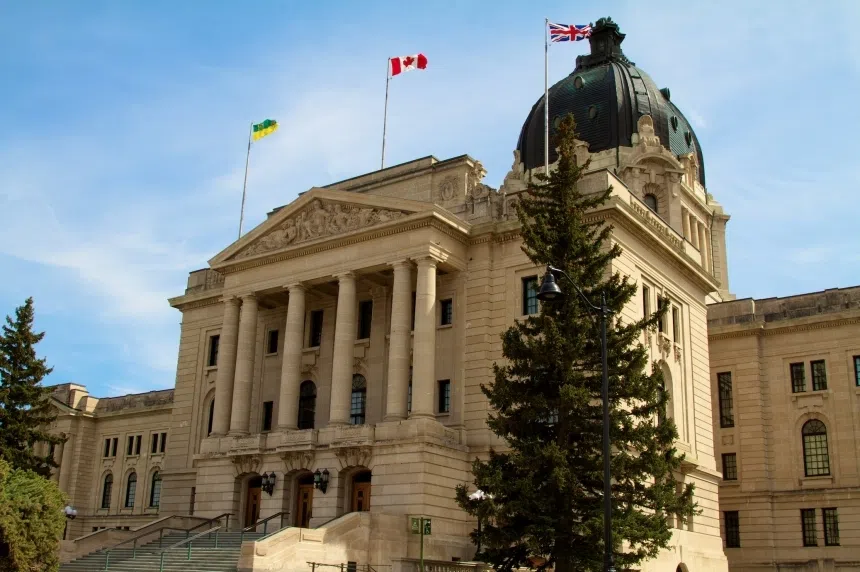
Caucus Committee on Crime Report brings 8 recommendations
It’s been 10 months since Premier Brad Wall’s call for a committee to review crime in Saskatchewan and the report is in.
Eight members of the committee brought forth eight recommendations on policy to reduce crime across the province. The team collected testomonies from 10 separate communities over 12 days.
The report states in many of the communities visited, the committee cited concers with staffing levels and visibility of local RCMP detachments. Low levels were attributed to Mounties on various leaves from parental, sick leave or vacation.
The first recommendation was for the government of Saskatchewan to engage in communication with RCMP to ensure detachments have a full complement of officers.


